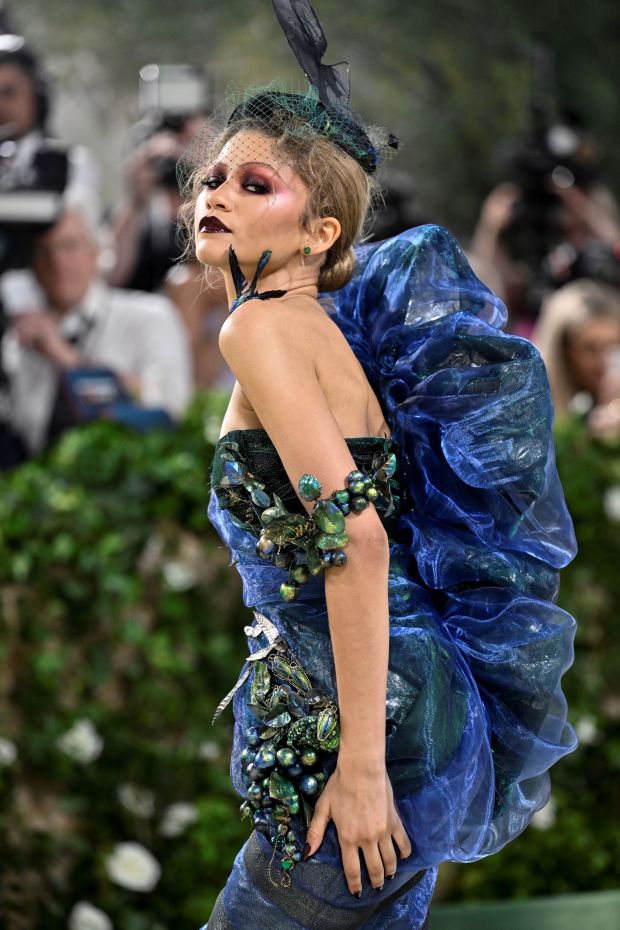MiniLuxe CEO Tony Tjan an empowering entrepreneur

Beauty may be in the eye of the beholder, but sometimes it’s also in the eye of the entrepreneur. Creating a beauty company that helps customers look good while also doing good doesn’t happen everyday. As we celebrate Asian American & Pacific Islander Heritage Month, I want to share the story of one locally based company that’s using its place in the industry to empower immigrants.
MiniLuxe (https://miniluxe.com), the innovative nail salon chain — with 23 locations, 500 employees, and on track to achieve its highest revenue in 2024 — began with its first location in Newton 15 years ago. The company’s CEO is Tony Tjan, born in Newfoundland after his family of Chinese descent emigrated to Canada in the ‘60s following persecution in Indonesia.
For those of you who know MiniLuxe, you’re already familiar with one of the things that makes it special: each location is ultra-clean and chic. They sterilize the instruments in front of clients, employ ultrasonic debris removal, and use and sell products that are equally clean. “So many products out there are extremely toxic with carcinogenic ingredients in them,” says Tjan. “We wanted use science and health to bring a level of hygiene and cleanliness to the industry.”
When Tjan, a Harvard Business School grad, and his fellow entrepreneurs started MiniLuxe, “We decided to think of how we can use capitalism as a force for good,” he says. “I joke that we’re the only venture capital group that started as a nail salon. But we wanted to show that purpose and profits can be mutually reinforcing allies.”
That plays out in the company’s employee-first practices. “About 95% of our teams are people of color and women,” he says, noting the industry’s notorious history of exploitation and unsafe working conditions. By prioritizing medical-grade hygiene standards, fair wages ($26.50/hour + equity for workers), and free market-ready training, MiniLuxe now has a 84% retention rate, an average employee tenure of five years, and just rolled out a new franchising model.
To Tjan, a big part of reversing that history of exploitation within the industry requires reflecting on a different part of history. “In the mid-1970s, about 20 immigrant refugee women learned the art of a manicure,” he explains. “That became their ticket to entrepreneurship — to democratize the industry.” That’s also how the modern-day manicure became popular. “In America, the largest hourly working population of Asian workers is in nails,” he says. “My belief is that this is the beauty service that is the least regulated. We need to have better consumer education, including a shared respect. And when you come to MiniLuxe, you’re helping to enrich those lives.”
In addition to fair wages, the company offers equity options to employees, as well as healthcare that includes vision and dental. “We’re also proud they’re working in a place that allows them to express their creativity,” Tjan says.
To that end, MiniLuxe thinks of nails as tiny canvases. “From color to shape, and press-ons to intricate nail art, we’ve had this explosion of nail art in the past few years,” says Tjan. MiniLuxe also acquired the cult press-on brand Paint Box in 2021 (https://paint-box.com). “We encourage our team members and clients to get creative and constantly and authentically express themselves,” he says. “And sometimes they’re true masterpieces.”




